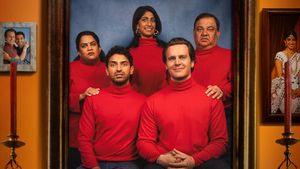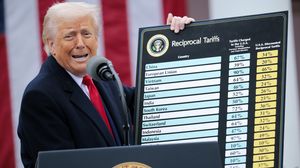News
Supreme Court Upholds State Bans on Conversion Therapy, Rejecting Washington Challenge

Images: Shutterstock
By refusing to hear a challenge to Washington’s law, the Supreme Court affirms the legality of state measures against conversion therapy, a significant victory for LGBTQ+ rights advocates.

Christopher Wiggins
Christopher Wiggins is The Advocate’s senior national reporter in Washington, D.C., covering the intersection of public policy and politics with LGBTQ+ lives, including The White House, U.S. Congress, Supreme Court, and federal agencies. He has written multiple cover story profiles for The Advocate’s print magazine, profiling figures like Delaware Congresswoman Sarah McBride, longtime LGBTQ+ ally Vice President Kamala Harris, and ABC Good Morning America Weekend anchor Gio Benitez. Wiggins is committed to amplifying untold stories, especially as the second Trump administration’s policies impact LGBTQ+ (and particularly transgender) rights, and can be reached at christopher.wiggins@equalpride.com or on BlueSky at cwnewser.bsky.social; whistleblowers can securely contact him on Signal at cwdc.98.
Christopher Wiggins is The Advocate’s senior national reporter in Washington, D.C., covering the intersection of public policy and politics with LGBTQ+ lives, including The White House, U.S. Congress, Supreme Court, and federal agencies. He has written multiple cover story profiles for The Advocate’s print magazine, profiling figures like Delaware Congresswoman Sarah McBride, longtime LGBTQ+ ally Vice President Kamala Harris, and ABC Good Morning America Weekend anchor Gio Benitez. Wiggins is committed to amplifying untold stories, especially as the second Trump administration’s policies impact LGBTQ+ (and particularly transgender) rights, and can be reached at christopher.wiggins@equalpride.com or on BlueSky at cwnewser.bsky.social; whistleblowers can securely contact him on Signal at cwdc.98.
December 11 2023 12:52 PM EST
True
December 12 2023 5:54 PM EST
Cwnewser

















































































